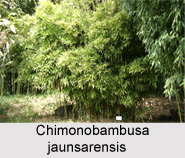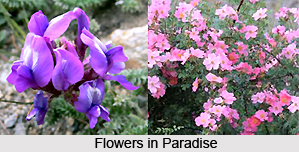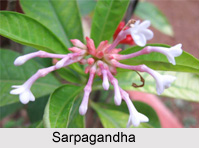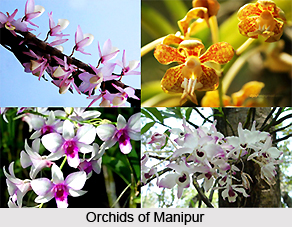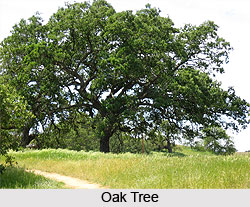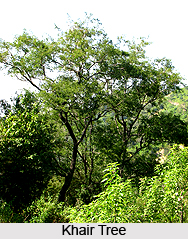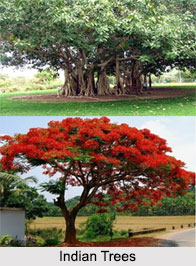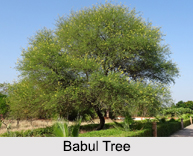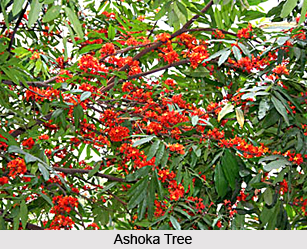 Ashoka tree has several other indigenous names which have been assigned to the tree by various regions and states. For instance it is known as asok or devdaru in Bengali, ashopalava in Gujrati and aksath in Kannada. The various other names of the tree are as follows anagam in Tamil, asoka in Telegu, asok in Punjabi, asoc in Konkani, asoko in Oriya, asokam in Malayalam and ashokam in Sanskrit. Apart from the various regional names it has a scientific name of Saraca asoca. India, Sri Lanka, Bangladesh and Myanmar have been home to the Ashoka plant. Interestingly the plant does not require any specific natural conditions for its growth; it grows in places like central and eastern Himalayan foothills and in the western peninsular India. Ashoka plant also forms a major part of the evergreen forest in the southern part of India. More than being a part of the natural forest, the plant is more a part of the planted trees.
Ashoka tree has several other indigenous names which have been assigned to the tree by various regions and states. For instance it is known as asok or devdaru in Bengali, ashopalava in Gujrati and aksath in Kannada. The various other names of the tree are as follows anagam in Tamil, asoka in Telegu, asok in Punjabi, asoc in Konkani, asoko in Oriya, asokam in Malayalam and ashokam in Sanskrit. Apart from the various regional names it has a scientific name of Saraca asoca. India, Sri Lanka, Bangladesh and Myanmar have been home to the Ashoka plant. Interestingly the plant does not require any specific natural conditions for its growth; it grows in places like central and eastern Himalayan foothills and in the western peninsular India. Ashoka plant also forms a major part of the evergreen forest in the southern part of India. More than being a part of the natural forest, the plant is more a part of the planted trees.
It is a small evergreen tree with glabrous branches and a dark brown bark. It has small, wrinkled, stout deciduous leaves. The flowers of this plant are generally fragrant and are orange or orange-yellow in colour which in the later stages turns vermillion. The pods are flat and leathery in structure. As per as the season is concerned the flowers of the plant generally bloom during March-April and the fruits grow during the months of August-September.
Ashoka tree is one of the sacred trees of the Hindus as well as the Buddhists. The astringent bark is reported to have a stimulating effect on the endometrial and ovarian tissue, and is useful for treating menstrual pain and menorrhagia due to uterine fibroids, leucorrhoea, and internal bleeding, hemorrhoids and hemorrhagic dysentery. In Ayurveda ashoka tree is used for treating dyspepsia, other diseases of the blood, biliousness, tumours, abdominal enlargement, colic, piles, ulcers and bone fractures. The tree is also used in the Siddha system to treat diseases like menorrhagia, diarrhoea and bleeding piles. The leaves of the plant has a special blood purifying property and its juice mixed with cumin seeds works wonder in case of stomach ache. The flowers of the ashoka tree become very effective for hemorrhagic dysentery when mixed with water. It also serves as an excellent uterine tonic and is very useful to treat syphilis and biliousness. The edible seeds of the plants have a diuretic property. The flowers of the plants are used for various religious ceremonies and for decorating temples.
Hence, it can be concluded saying that Ashoka plant is not only a sacred plant for the Hindus but it serves an end number of medicinal purposes and provides relieve to people from several complex physical ailments.
